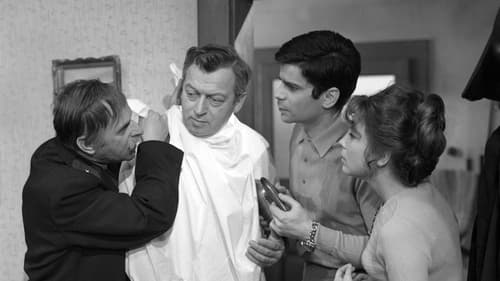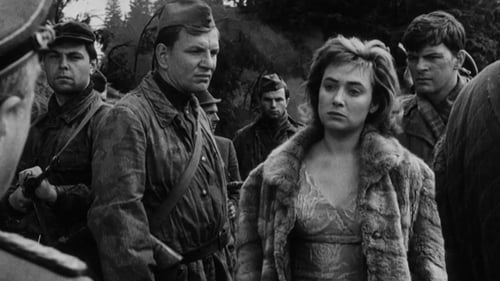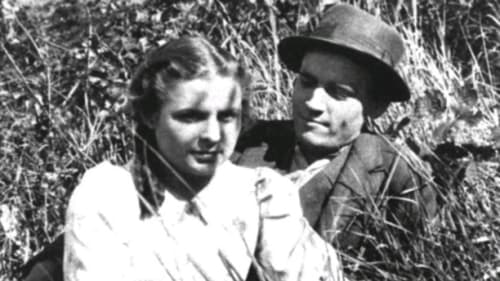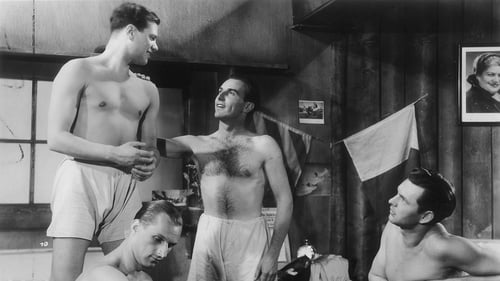
It is 1905. The police director gets Jindrich Legenda (Eduard Cupák) shadowed as, yet Legenda had served his sentence for a burglary, the jewels have not been found. Russian revolution encouraged also Czech workers to fight for their rights. Radical anarchists are followed by Legenda's friend Karel Wohryzek (Vladimír Mensík) who was forced to collaborate with the police as he was convicted of pornography distribution.

A young man steals a doctor’s car and has to pretend to be a doctor himself.

Czech nobleman Petr Vok of Rozmberk (Milos Kopecký) is no longer so young, but his amatory adventures continue to arouse the envy of men and the indignation of respectable ladies. In his "female retinue" at the chateau in Bechyne he has twelve comely girls, but he still manages to seduce the miller's wife and the maid. Lord Vok is in great financial difficulties. His elder brother Vilém advises him to marry a rich woman. Petr surprises him by announcing his intention to marry the very young Katerina of Ludanice.


Walter
Pavel is a Czech partisan fighter in the waning days of the war. Just as peace is declared, Pavel is shot in the spine and sent to the hospital emergency ward. As he fades in and out of consciousness, he recalls the events that led to his participation in the underground. Holding German occupation commander Engelchen responsible for all the horrors and deprivations heaped upon his comrades, Pavel is kept alive by the possibility of recovering and exacting vengeance upon the Nazi officer - no matter how long it takes.

man from Chronor
Based on a true story

In late 19th century Czech-speaking Bohemia, oppressed workers at German-owned mines and foundries revolt against their harsh working conditions. Made shortly after World War II as Czechoslovakia was falling to communism, the film resonates in Czech resentment of the German occupation.

Václav Klapzuba


